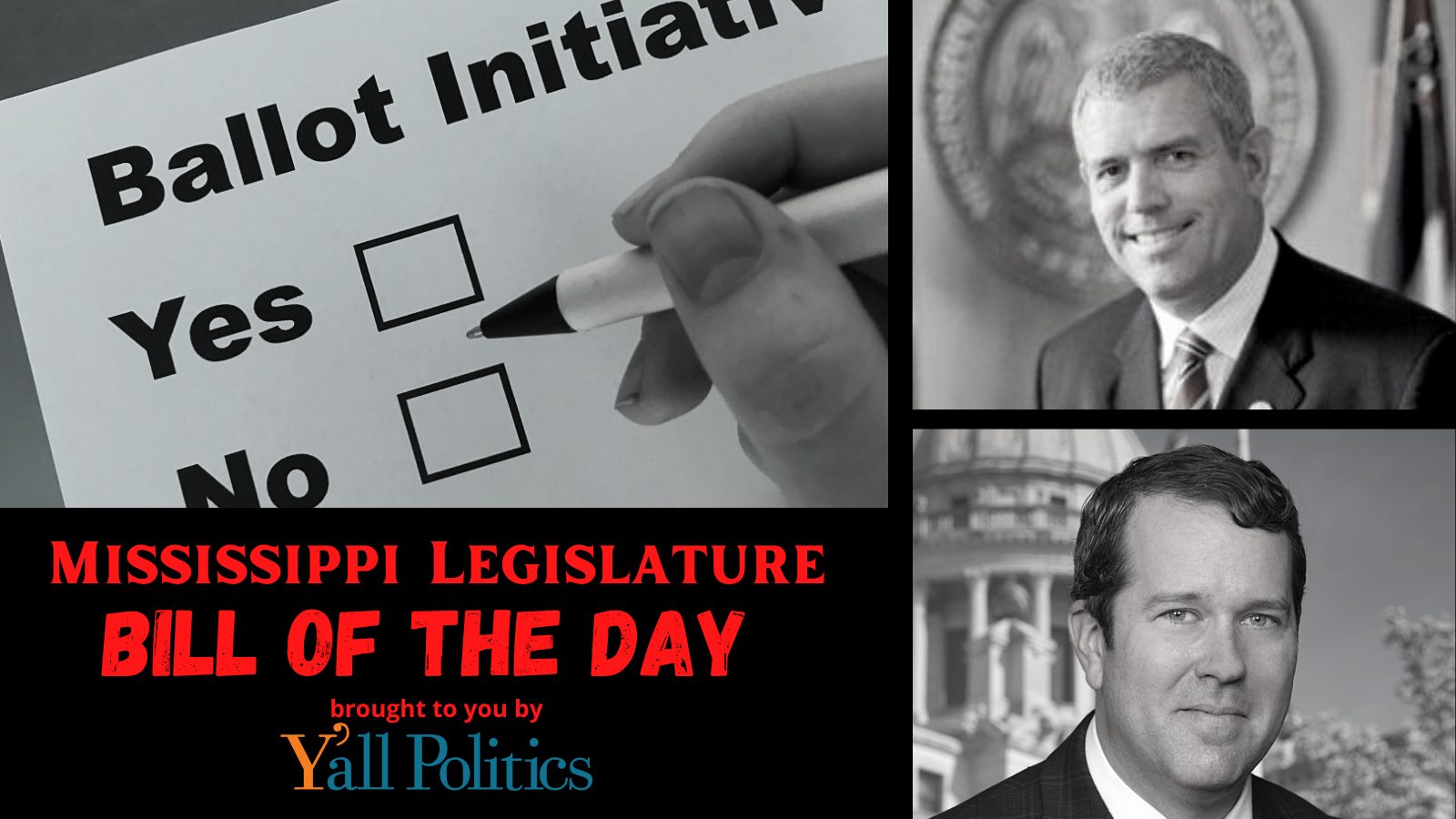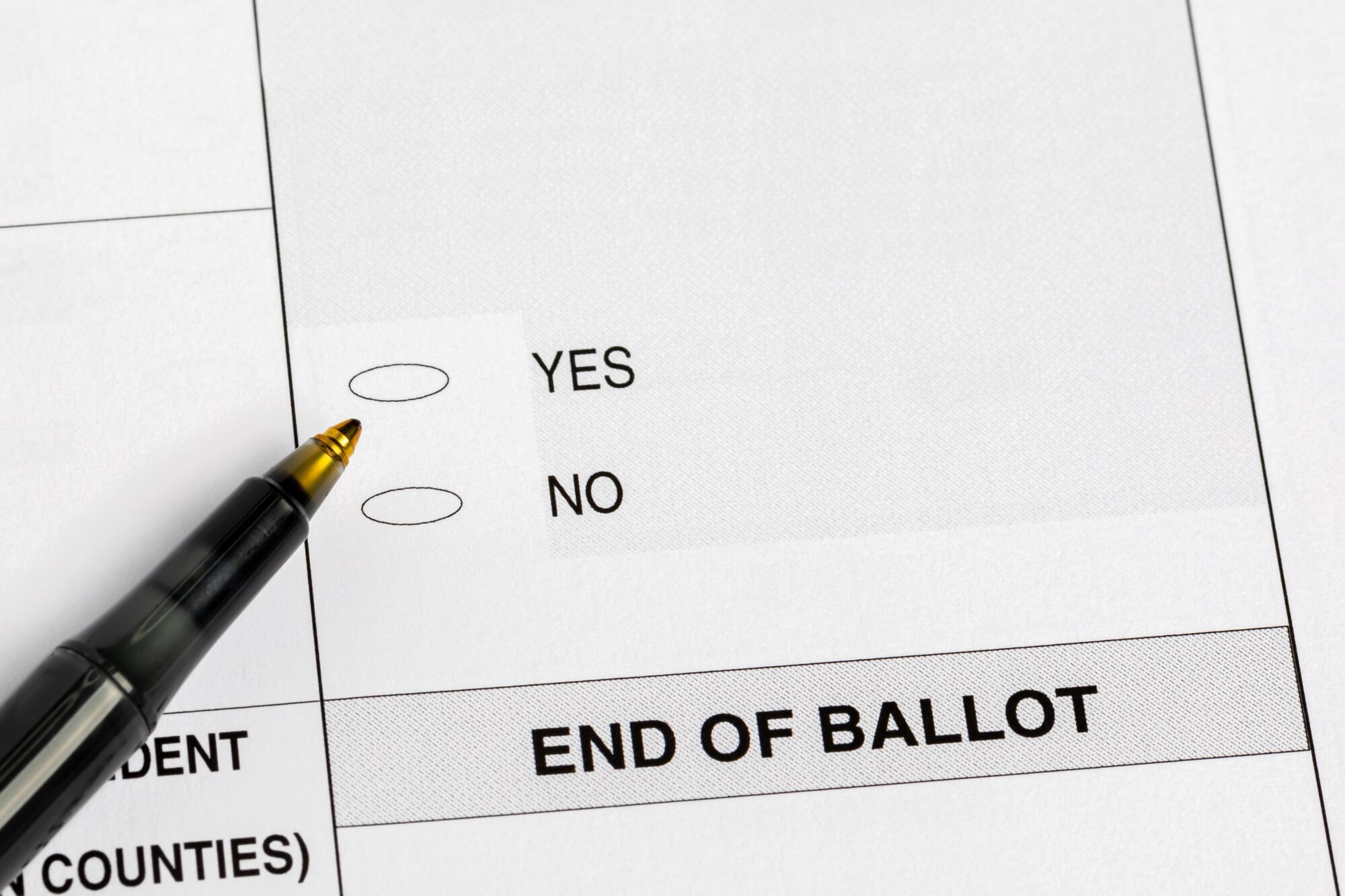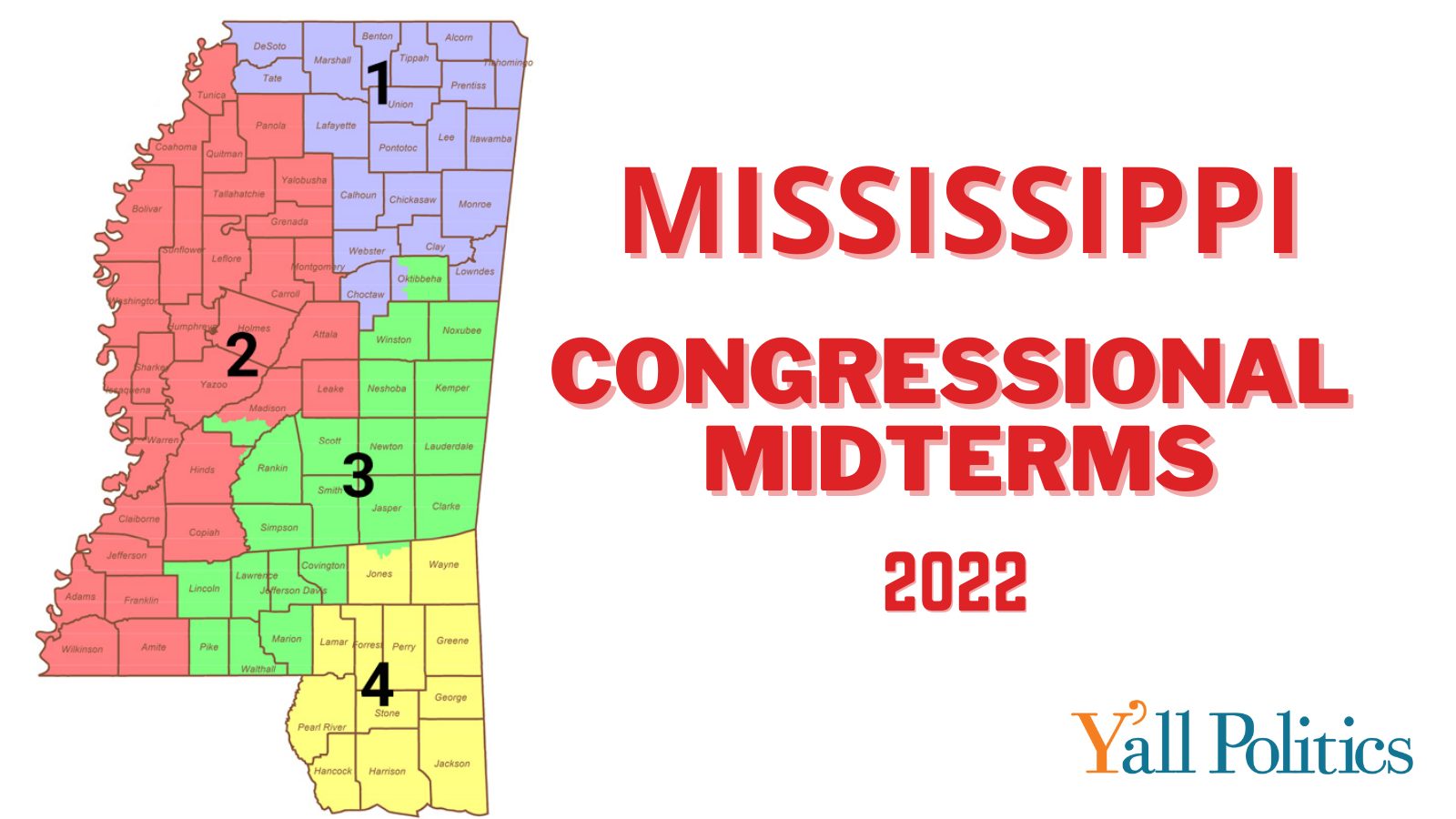
Y’all Politics brings you a Bill of the Day from the Mississippi Legislature that just may pique your interest.
Since last year’s Mississippi Supreme Court ruling that overturned medical marijuana Initiative 65 and effectively ended the ballot initiative process in the state, lawmakers have been discussing how best to revive the ballot referendum while amending the state constitution.
Speaker of the House Philip Gunn and State Representative Fred Shanks have filed HC 39, a concurrent resolution that provides for a citizen-led initiative process to be reinstated in Mississippi to propose, amend or repeal laws in the state. If approved by voters, that initiative would take effect as law 30 days after the certification of the vote and could not be changed in a substantive manner by the Legislature for two years, barring an emergency declaration.
The resolution would not allow for ballot initiatives to amend the state constitution. That authority would be retained by the Legislature. The same would go for measures that would seek to change PERS or specifically appropriate funds from the State Treasury.
The resolution addresses the issue raised by the Supreme Court as it relates to signature gathering by seeking to amend the Mississippi Constitution to provide that an initiative petition must be signed by qualified electors equal to at least 12% of the votes for all candidates for Governor in the last gubernatorial election, split evenly between each of the state’s congressional districts. It does not designate a specific number of districts; it merely requires the ratio of signatures from the state’s districts, whatever that number may be now or in the future.
Those signatures would still be sent to the Secretary of State to ensure qualified electors signed the petitions and that a sufficient number were received. The petitions would be subject to review by the state Supreme Court.
A proposed initiative would be subject to fiscal analysis by the chief legislative budget officer who would prepare a review of each initiative measure, and a summary of each fiscal analysis would appear on the ballot. Further, the resolution states:
“If the provisions of an initiative measure would cause a substantial cost to the state or require the substantial expenditure of state funds, as determined according to law by the Legislative Budget Office or any successor agency, the sponsor also shall provide in the text of the measure for the specific funding source or mechanism to pay the cost of the provisions of the measure so that the measure will not result in a reduction in state funds available for expenditure by the Legislature. If an initiative measure requires, (a) a reduction in any source of government revenue that would cause the amount of state funds available for expenditure by the Legislature to be less than the amount of state funds appropriated for the most recent fiscal year, or (b) requires a reallocation of funding from currently funded programs, the sponsor shall identify in the text of the measure the program or programs whose funding must be reduced or eliminated to implement the measure.”
An initiative could be placed on a statewide ballot if it is filed and certified by the Secretary of State as complete at least 90 days before that election. Otherwise, it would roll over to the next statewide election date.
The resolution would limit the number of ballot initiatives to no more than five measures on a single ballot, and the first five initiative measures submitted to the Secretary of State with sufficient petitions would be the measures submitted to the voters.
In order to be approved, an initiative must receive a majority of the votes cast and not less than 40% of the total votes cast at the election at which the initiative measure was submitted. However, an initiative that would be considered as a revenue bill under the joint rules of the Legislature in existence on the day that the initiative petition is filed must receive 60% of the votes cast and not less than 40% of the total votes cast at the election at which the initiative measure was submitted.
The resolution would make initiatives approved by the voters not subject to the signature of the Governor to become law and would not be subject to the veto power of the Governor.
It appears the intent is to have this proposed initiative process placed before voters in November 2022 at the statewide election, in hopes that it is approved to amend the state Constitution and revive the initiative process at the beginning of 2023 when the Legislature returns to session.
The resolution has been assigned to the House Constitution Committee. Rep. Shanks is expected to be the member designated to shepherd the measure through the House.
To read the full version of the resolution, click here.











